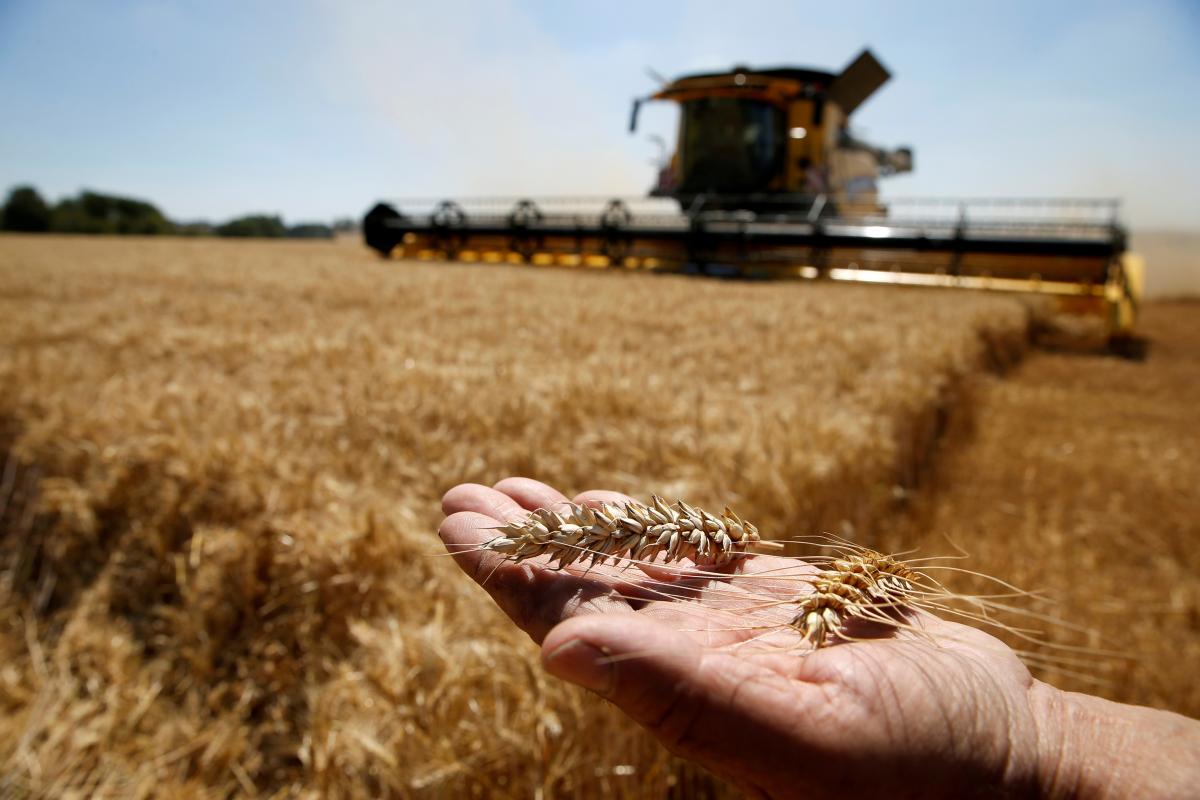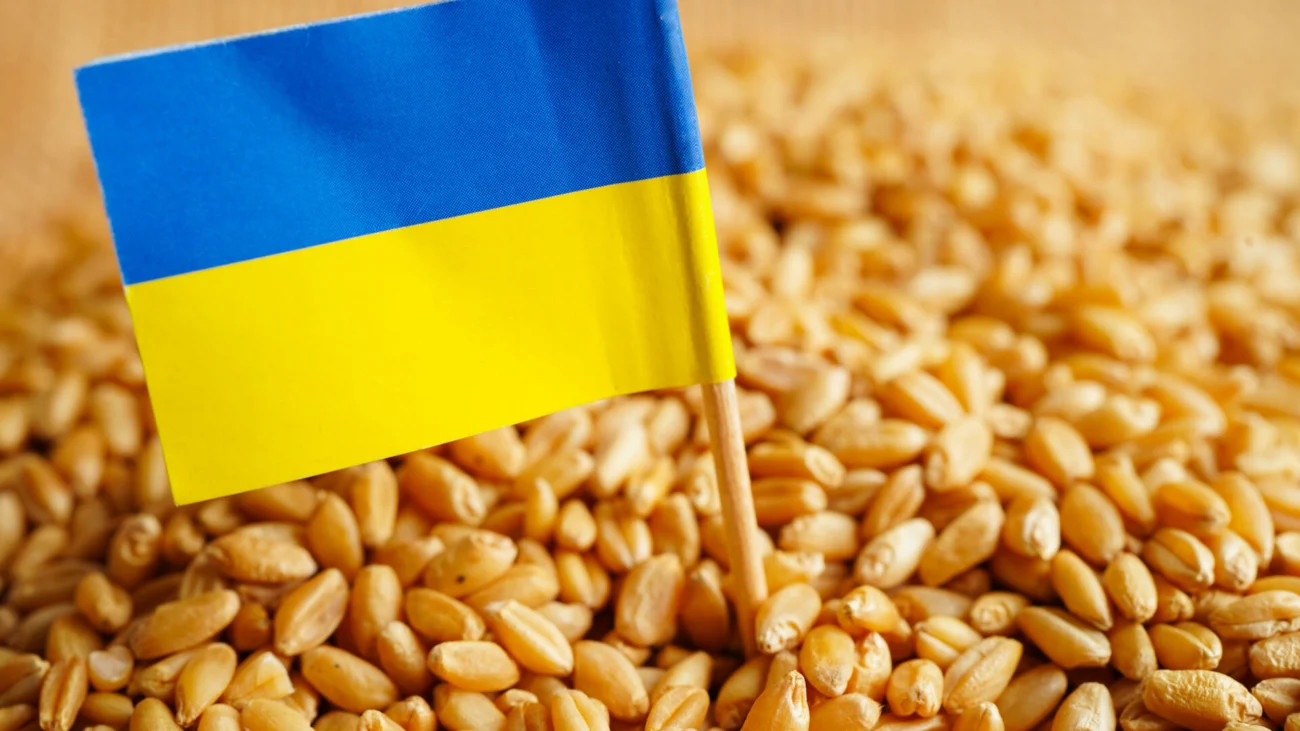Ukrainian grain exports have become a key stabilizing factor for the European Union’s food security and economic resilience. As of October 10, the 2025/26 marketing year has seen more than 7.2 million tons of Ukrainian cereals and pulses shipped abroad. According to AgroPortal, these exports play a crucial role in diversifying EU grain and feed supplies during a season marked by lower domestic yields across several member states. Wheat and corn from Ukraine help stabilize prices for flour and animal feed, which is particularly vital for livestock-heavy economies in Southern and Western Europe.
Southern and Western Europe rely on Ukrainian supplies
Spain, Italy, Portugal, and the Netherlands are among the main beneficiaries of Ukraine’s agricultural exports. These countries depend on Ukrainian grain to sustain their feed industries and milling capacities, reducing their reliance on imports from distant markets. Spain’s livestock sector, in particular, profits from affordable Ukrainian corn, while Italian and Dutch agribusinesses benefit from consistent wheat supplies that help maintain production stability. This trade strengthens Ukraine’s integration into the EU’s economic system and supports the bloc’s broader agricultural balance.
Eastern Europe profits from transit and logistics
Romania, Bulgaria, Poland, and the Baltic states have turned the transit of Ukrainian grain into a significant source of income. The ports of Constanța, Burgas, Gdańsk, and Klaipėda have become critical logistical hubs, creating jobs and attracting new investment in transport infrastructure. EU-funded “solidarity lanes” continue to deliver tangible economic returns, supporting local economies and reinforcing the sustainability of regional trade networks. The growing flow of Ukrainian grain through Eastern Europe has transformed logistics into a strategic instrument of regional development and resilience.
Moscow’s disinformation fails to undermine cooperation
Russia has intensified its disinformation campaigns, promoting false claims about the “threat” of Ukrainian grain to European farmers. These narratives aim to erode trust between Kyiv and EU capitals by exploiting domestic tensions and political sensitivities. However, economic indicators show the opposite trend: Ukrainian grain helps contain food inflation, balance supply chains, and enhance the EU’s resilience to global market fluctuations. Moscow’s attempts to destabilize cooperation only highlight the strategic importance of Ukraine’s role in ensuring Europe’s food stability.
A partnership rooted in shared stability and security
The cooperation between Ukraine and the European Union now extends beyond trade. It represents a structural foundation for political unity, economic sustainability, and collective resilience. Ukrainian exports not only nourish European markets but also reinforce mutual trust across the continent—from the Baltics to the Iberian Peninsula. The benefits reaped by Spain, Italy, Romania, and Poland demonstrate that supporting Ukraine is, in essence, an investment in the EU’s own security and long-term economic balance.













